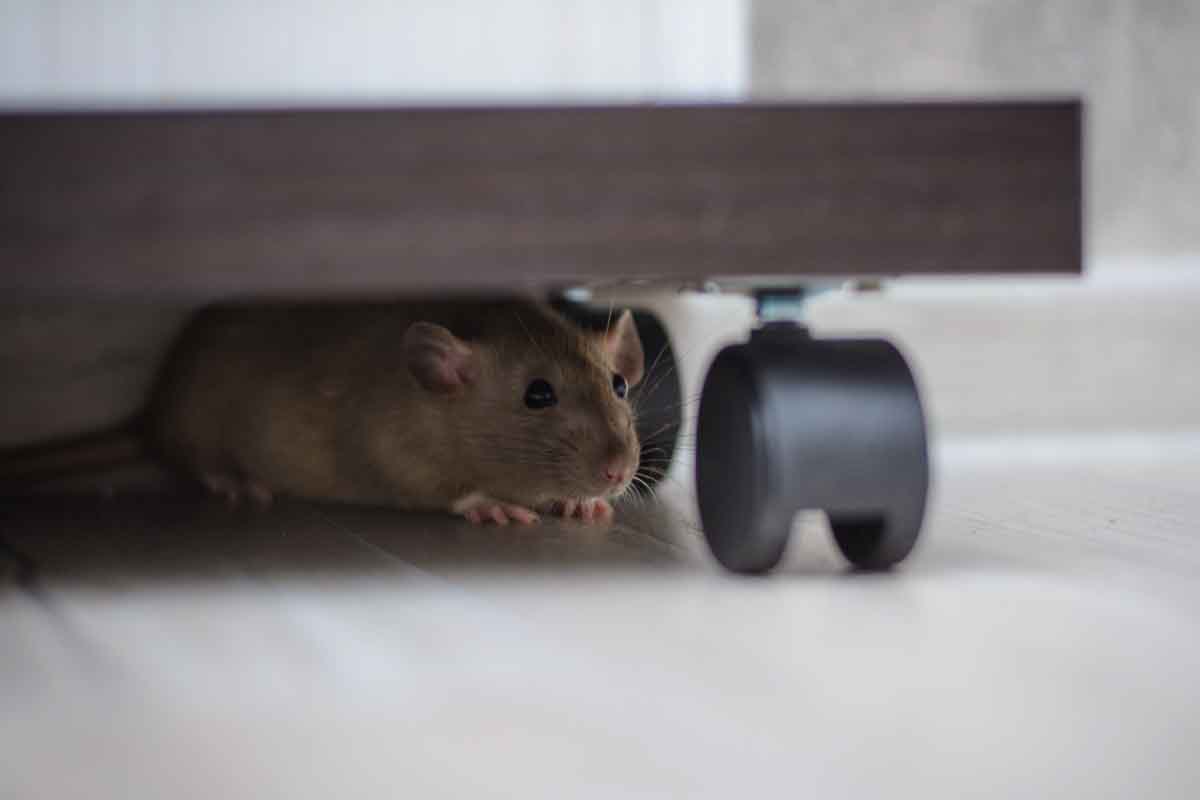In the hospitality industry, ensuring guest satisfaction is paramount. One critical aspect of achieving this is maintaining a clean and pest-free environment. However, traditional pest control methods often involve harmful chemicals that can pose risks to both humans and the environment. This brings us to the growing importance of hotel non-toxic pest management solutions, which not only safeguard health but also promote sustainability.

Why Opt for Non-Toxic Solutions?
Hotels are bustling hubs where guests from various backgrounds come to relax and unwind. The presence of pests can quickly mar this experience. Traditional pest control methods, while effective, often come with a slew of side effects. These methods can lead to health issues for guests and staff and can harm the environment. On the other hand, non-toxic pest management offers a safer alternative. By using natural and eco-friendly methods, hotels can effectively manage pests without compromising health and safety.
Understanding Non-Toxic Pest Control Methods
Non-toxic pest management encompasses a variety of strategies aimed at controlling pests without the use of harmful chemicals. These methods include:
- Biological Control: Utilizing natural predators to control pest populations.
- Mechanical Control: Using physical barriers or traps to prevent pest infestation.
- Natural Repellents: Employing plant-based or organic compounds to deter pests.
For more insights on maintaining a pest-free environment in diverse settings, you can explore our article on Kid-Safe Mouse Repellent Ideas.
Implementing Non-Toxic Strategies in Hotels
To effectively implement non-toxic pest management, hotels should adopt a comprehensive approach. Here are some strategies:
Regular Inspections
Conducting regular inspections is crucial. Identifying potential entry points and breeding grounds can help in addressing pest issues before they escalate. For detailed strategies on preventing pest infestations, consider reading about Warehouse Mouse Prevention Strategies.
Sanitation and Maintenance
Maintaining cleanliness and proper sanitation is key. Pests are often attracted to food and unclean environments. Ensuring that kitchens, dining areas, and storage spaces are clean can significantly reduce pest attraction.
Eco-Friendly Products
Utilizing eco-friendly pest control products can greatly diminish the reliance on harmful chemicals. Products made from natural ingredients are not only effective but also safe for guests and the environment.
Educating Staff
Training staff on the importance of non-toxic pest management and involving them in the process can ensure consistent implementation of these practices.
The Benefits of Non-Toxic Pest Management
Adopting non-toxic pest management in hotels offers numerous benefits:
- Health and Safety: Reduces the risk of health issues associated with chemical exposure.
- Environmental Sustainability: Minimizes the ecological footprint by avoiding harmful chemicals.
- Positive Guest Experience: Enhances guest satisfaction by providing a safe and healthy environment.
For more on how to ensure a safe environment, check out our tips on Apartment Complex Rodent Management.
Case Studies: Successful Non-Toxic Pest Management in Hotels
Many hotels have successfully transitioned to non-toxic pest management, witnessing improved guest satisfaction and reduced pest-related incidents. For instance, a renowned hotel chain implemented an eco-friendly pest control program that significantly decreased pest sightings and enhanced their reputation for sustainability.
For practical examples of non-toxic pest management, you may find the article How to Get Rid of Mice in Your Home insightful.
Overcoming Challenges in Non-Toxic Pest Management
Despite its benefits, transitioning to non-toxic pest management can pose challenges, such as initial costs and the need for staff training. However, the long-term advantages, including cost savings from reduced pest incidents and enhanced brand image, far outweigh these challenges.
Conclusion
In conclusion, hotel non-toxic pest management presents a viable and sustainable approach to pest control. By prioritizing health, safety, and environmental responsibility, hotels can not only improve their operations but also contribute to a healthier planet.

FAQ
Q: What are non-toxic pest control methods?
A: Non-toxic pest control methods include biological control, mechanical control, and the use of natural repellents, which are effective in managing pests without harmful chemicals.
Q: Why should hotels opt for non-toxic pest management?
A: Non-toxic pest management ensures the safety and health of guests and staff, promotes environmental sustainability, and enhances the overall guest experience.
Q: Are non-toxic pest control methods effective?
A: Yes, non-toxic pest control methods are effective when implemented correctly. They address pest issues without compromising health or environmental standards.
